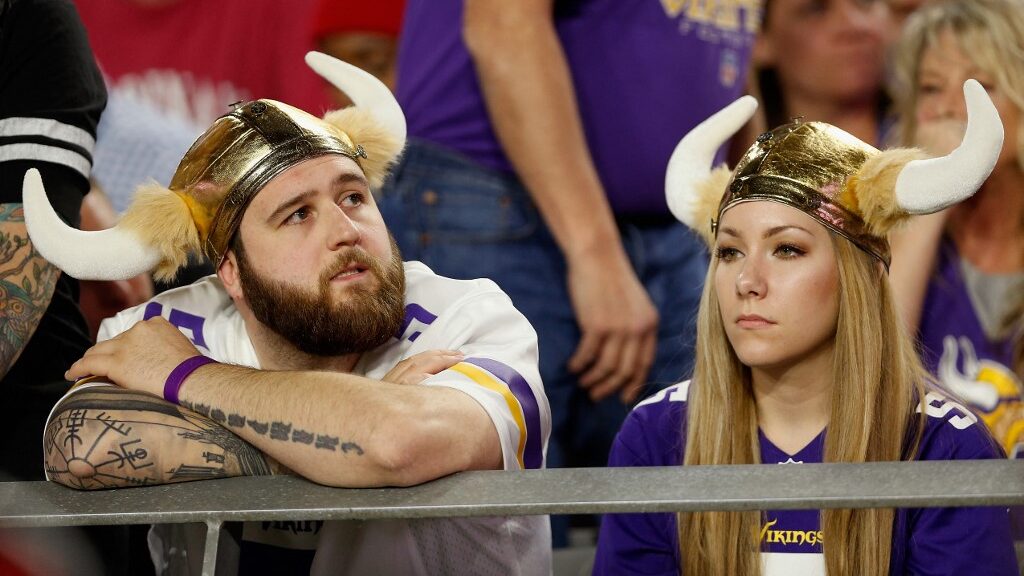
Sports betting advocates came close to successfully passing their legislation, but several political hurdles have arisen, blocking any possibility of implementing sports betting in Minnesota this year.
Put on the Backburner
Rep. Zack Stephenson, a member of the Democrat-Farmer-Labor (DFL) party, sponsored a sports betting bill, HF 2000, that would have given Native American tribes in the state a virtual monopoly on sports betting.
After passing the House, a Republican-controlled Senate wanted to include the two struggling racetracks as commercial options that would spread the wealth around. However, the election cycle saw the DFL party gain control of both legislative chambers but a few DFL detractors of the bill coupled with the vast majority of Republicans was enough to slow the momentum down.
The session adjourns on Monday and 18 other pieces of legislation have been passed with the sports betting bill simmering on the backburner. House Speaker Melissa Hortman said during a Thursday press conference:
“I think we’re probably out of time. In the House, it has two or three committees and we’re not going to be able to take people away from the floor to have that bill move through the committees that it would need to. I think that there’s a coalition of folks who are still really interested in making sure that that gets done, I just don’t think it will get done this session.”
Rep. Pat Garofalo remarked, “It appears the most likely scenario is sports gambling will likely wait until next year in Minnesota.”
What’s Next?
A ray of hope emerged when Sen. Matt Klein offered an amendment to a companion bill, SF 1949, in an attempt to please both the Native American tribes and the horse track contingent. Unfortunately, only the former was willing to go along with the new online sports betting construct while the latter did not.
Klein’s amendment included the following:
- Offered 30% of the state’s 10% take on mobile sports betting revenue to a new Horse Racing Economic Development Fund to be split between the state’s two tracks.
- Capped contribution to the Fund at $3 million annually after it takes in the first $20 million.
- Directs that some money put into the fund go toward mental health programs for jockeys, stewards, and backstretch employees, increasing compensation of backstretch employees, funding research projects to study equine illness and disease, performance-related accidents and industries, and improvements in breeding techniques with a study coming back to the legislature.
- Allows advanced deposit wagering at Minnesota horse racetracks.
Racetracks Opposition Due to Funding Concerns
The Minnesota Indian Gaming Association (MIGA) continued to issue its support for the bill including Klein’s amendment but the state’s two racetracks, Canterbury Park, and Running Aces, did not agree to the terms and continued to oppose the legislation.
Canterbury Park CEO Randy Sampson commented to the Senate State and Local Government Committee “Our main concern is that it creates a funding cliff by putting a future cap of $3 million per year on the Horse Racing Economic Development Fund.
“That amount when split between two racetracks and three horseman groups would not be adequate to provide the level of support needed to keep horse racing in Minnesota viable in the face of the expansion of gambling that mobile sports betting will produce.”
*Bookmakers Review will continue to monitor this story and update our readers as events unfold.









